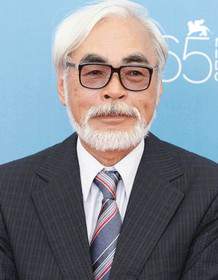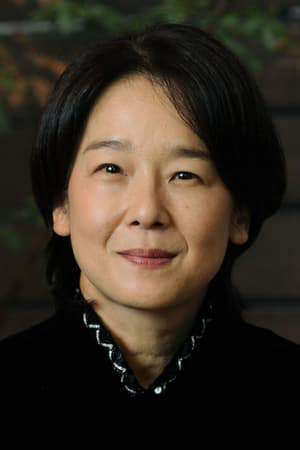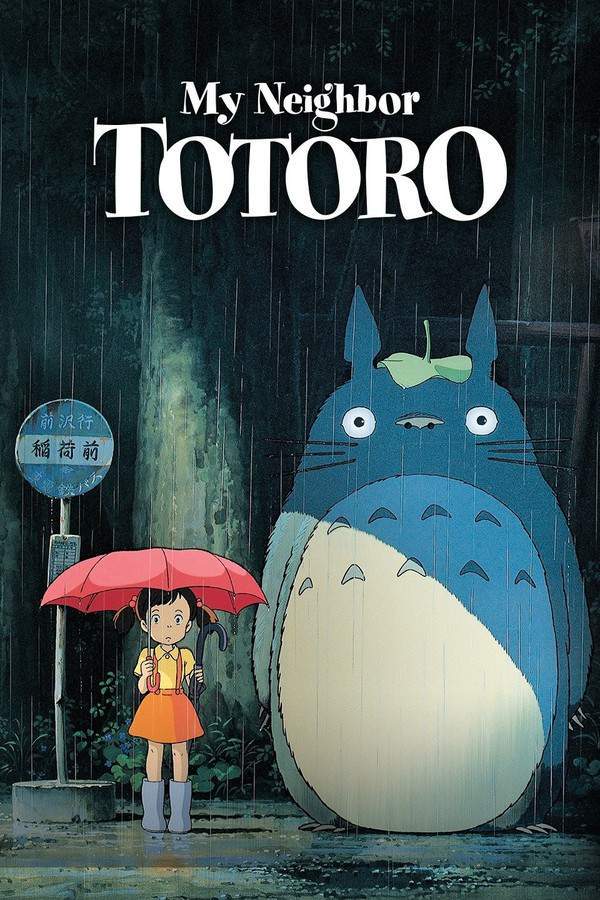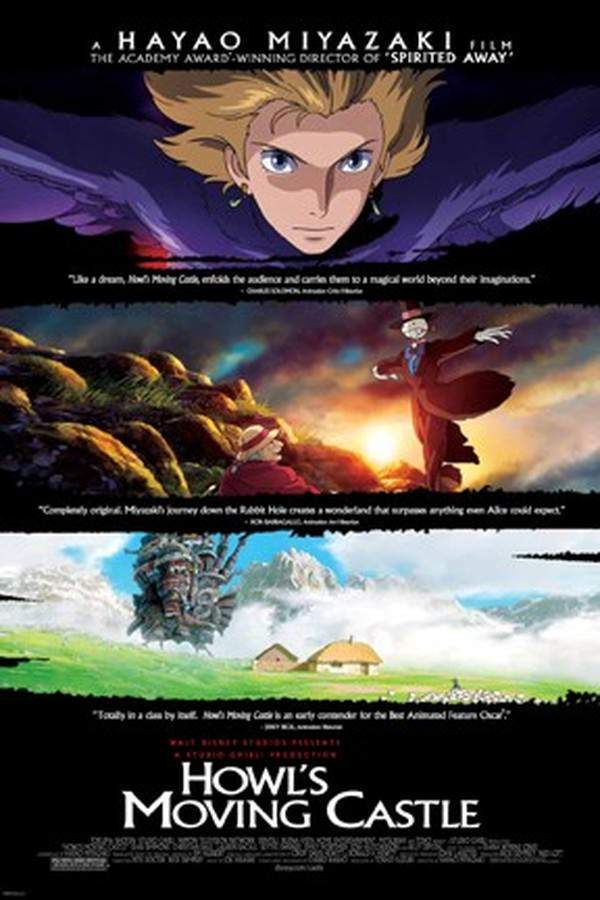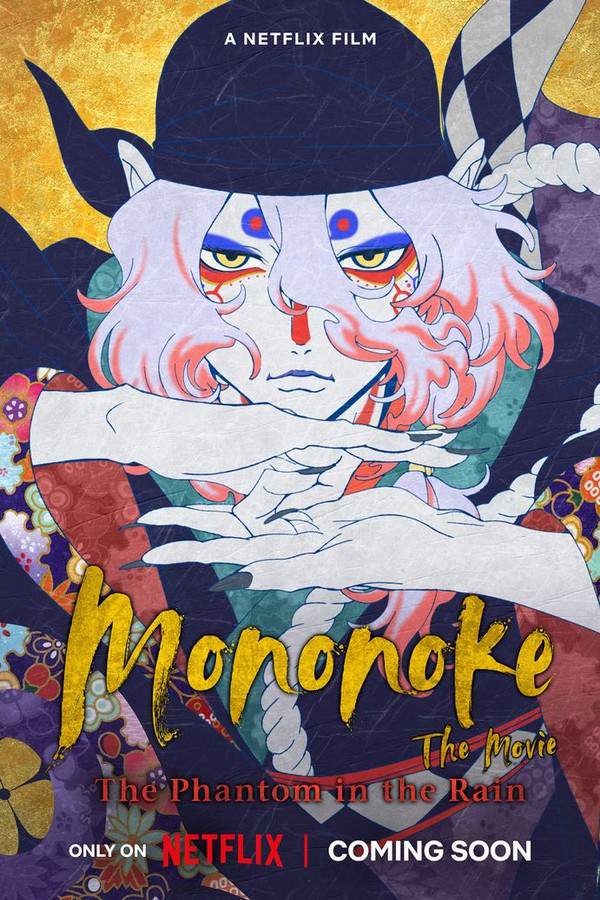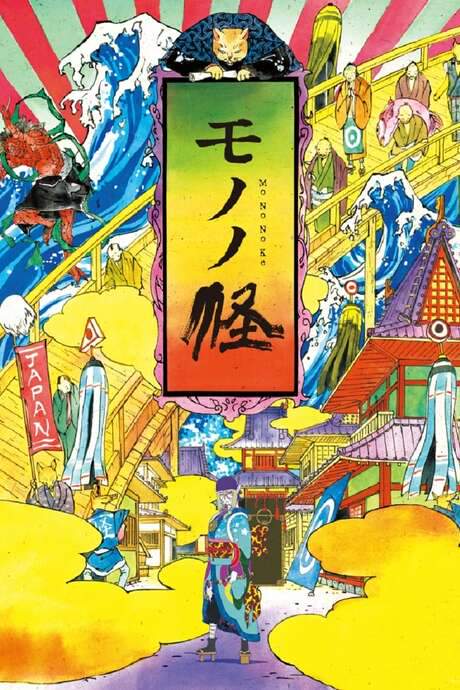Princess Mononoke 1999
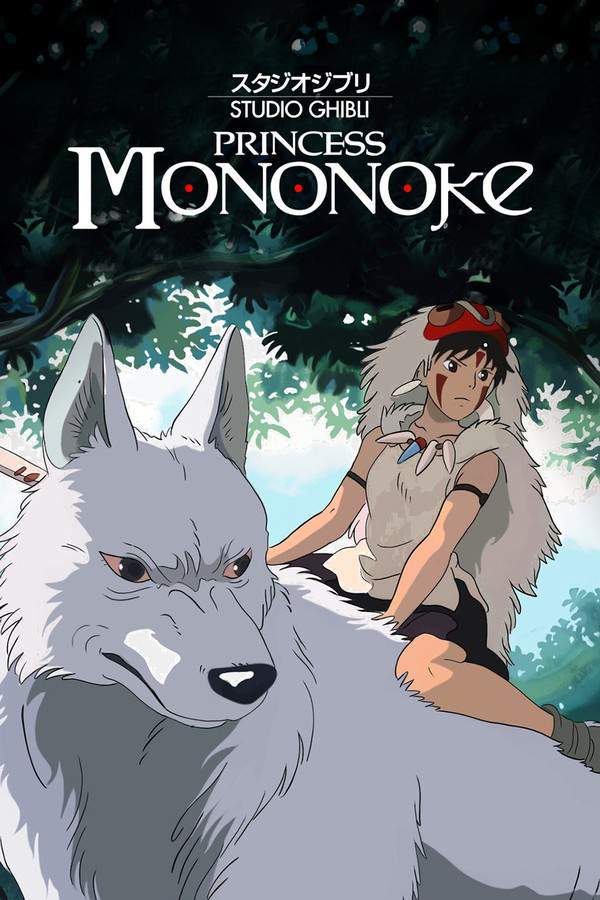
A young prince, injured by a cursed attack, journeys to find a cure and becomes embroiled in a fierce struggle between the ancient forest and the ambitions of humans seeking to exploit its resources. He finds himself caught between the powerful wolf goddess Princess Mononoke and the ruthless industrialist Lady Eboshi, whose mining operations threaten the balance of the natural world and awaken its protective spirits.
Does Princess Mononoke have end credit scenes?
No!
Princess Mononoke does not have end credit scenes. You can leave when the credits roll.
Meet the Full Cast and Actors of Princess Mononoke
Explore the complete cast of Princess Mononoke, including both lead and supporting actors. Learn who plays each character, discover their past roles and achievements, and find out what makes this ensemble cast stand out in the world of film and television.
External Links and Streaming Options
Discover where to watch Princess Mononoke online, including streaming platforms, rental options, and official sources. Compare reviews, ratings, and in-depth movie information across sites like IMDb, TMDb, Wikipedia or Rotten Tomatoes.
Ratings and Reviews for Princess Mononoke
See how Princess Mononoke is rated across major platforms like IMDb, Metacritic, and TMDb. Compare audience scores and critic reviews to understand where Princess Mononoke stands among top-rated movies in its genre.

76
Metascore
8.9
User Score


%
TOMATOMETER

0%
User Score

8.3 /10
IMDb Rating
Take the Ultimate Princess Mononoke Movie Quiz
Challenge your knowledge of Princess Mononoke with this fun and interactive movie quiz. Test yourself on key plot points, iconic characters, hidden details, and memorable moments to see how well you really know the film.
Princess Mononoke Quiz: Test your knowledge on the enchanting story of Princess Mononoke and its complex themes of nature, humanity, and conflict.
Who is the protagonist of Princess Mononoke?
San
Lady Eboshi
Ashitaka
Moro
Show hint
Full Plot Summary and Ending Explained for Princess Mononoke
Read the complete plot summary of Princess Mononoke, including all major events, twists, and the full ending explained in detail. Explore key characters, themes, hidden meanings, and everything you need to understand the story from beginning to end.
The story of Princess Mononoke unfolds as a captivating fantasy adventure that portrays the epic battle between humanity and nature. This extraordinary narrative features a diverse cast of characters, including cursed beasts, ambitious humans, a noble hero, and vengeful deities, all showcasing the complexity of good and evil—as each character embodies aspects of darkness and hatred.
Ashitaka (Yôji Matsuda), the courageous prince of the Emishi tribe, finds himself entangled in this struggle as he rides his magnificent red elk, Yakul, through a serene, mist-covered forest. The opening scene reveals a mystical realm where ancient gods and colossal creatures like the Forest Spirit coexist harmoniously with humans—a harmony that has been shattered as the forest faces erosion and the emergence of demons. Early on, Ashitaka learns of a demon boar, corrupted by a fatal injury inflicted by the relentless humans, leading him to make a fateful choice: to intervene and ultimately kill the beast to protect his village. The demon’s curse lingers on Ashitaka’s arm, marking him for death while igniting his quest to find answers and a remedy.
With his fate sealed, Ashitaka embarks on a journey westward, traversing vast landscapes and confronting a myriad of challenges. Along the way, he encounters Lady Eboshi (Yûko Tanaka), the leader of the iron town of Tatara, who serves as both a savior and an antagonist, depending on one’s perspective. As the story unfolds, Ashitaka grapples with the duality of humanity and the catastrophic impact of their actions on the environment, witnessing the destruction of nature at the hands of resource-driven aspirations.
As Ashitaka journeys deeper into the conflict, he meets San (Yuriko Ishida), also known as Princess Mononoke, a fierce girl raised by wolves, who harbors a deep-seated hatred for humans. Their initial encounter ignites a fierce rivalry, yet a soulful connection blooms as they share a mutual desire to heal the rift between their worlds. Ashitaka’s resolve to see with “eyes unclouded by hate” guides him, forcing him into the crossfire of battles that challenge his ideals.
The ferocity of the ongoing conflicts reaches a crescendo when the boar god Lord Okkoto and the spirit of the forest itself come under siege. Ashitaka, now burdened with the curse that threatens to consume him, fights to protect both San and the nature they cherish from the impending annihilation driven by human greed. His capabilities are tested to their limits as he wrestles with emotions exemplified by the growing malevolence surging within him, revealing that heartache and fury are universal experiences transcending species.
In a climactic sequence, the fates of the Forest Spirit, Okkoto, Moro, and the iron town’s inhabitants converge. In moments loaded with tension, Ashitaka is called to return the severed head of the Forest Spirit to restore balance and peace, symbolizing the profound ramifications of origin, identity, and sacrifice.
Ultimately, as the narrative draws to a close, the thematic elements of rebirth and coexistence come to fruition. With the forest beginning to heal and the cycle of life continuing, Ashitaka and San are left in a delicate truce, understanding that while peace may be a tenuous goal, hope for harmony persists. Lady Eboshi, meanwhile, finds a renewed purpose amidst the ashes, envisioning a better future, all while the gentle presence of a kodama symbolizes the resilience of nature.
Thus, Princess Mononoke stands as a powerful reflection on humanity’s relationship with nature, instilling the notion that one must often face darker aspects of existence to seek illumination and understanding.
Uncover the Details: Timeline, Characters, Themes, and Beyond!

Coming soon on iOS and Android
The Plot Explained Mobile App
From blockbusters to hidden gems — dive into movie stories anytime, anywhere. Save your favorites, discover plots faster, and never miss a twist again.
Sign up to be the first to know when we launch. Your email stays private — always.
Discover Film Music Concerts Near You – Live Orchestras Performing Iconic Movie Soundtracks
Immerse yourself in the magic of cinema with live orchestral performances of your favorite film scores. From sweeping Hollywood blockbusters and animated classics to epic fantasy soundtracks, our curated listings connect you to upcoming film music events worldwide.
Explore concert film screenings paired with full orchestra concerts, read detailed event information, and secure your tickets for unforgettable evenings celebrating legendary composers like John Williams, Hans Zimmer, and more.


Princess Mononoke Themes and Keywords
Discover the central themes, ideas, and keywords that define the movie’s story, tone, and message. Analyze the film’s deeper meanings, genre influences, and recurring concepts.

Unlock the World of Movies with Our Comprehensive Wiki
Dive into our Movie Wiki for in-depth film encyclopedia entries, including cast biographies, production trivia, plot synopses, behind-the-scenes facts, and thematic analyses. Whether you’re researching iconic directors, exploring genre histories, or discovering hidden easter eggs, our expertly curated movie database has everything you need to fuel your cinematic passion.

Articles, Reviews & Explainers About Princess Mononoke
Stay updated on Princess Mononoke with in-depth articles, critical reviews, and ending explainers. Explore hidden meanings, major themes, and expert insights into the film’s story and impact.
Similar Movies To Princess Mononoke You Should Know About
Browse a curated list of movies similar in genre, tone, characters, or story structure. Discover new titles like the one you're watching, perfect for fans of related plots, vibes, or cinematic styles.
Quick Links: Summary, Cast, Ratings, More

What's After the Movie?
Not sure whether to stay after the credits? Find out!
Explore Our Movie Platform
New Movie Releases (2025)
Famous Movie Actors
Top Film Production Studios
Movie Plot Summaries & Endings
Major Movie Awards & Winners
Best Concert Films & Music Documentaries
Movie Collections and Curated Lists
© 2025 What's After the Movie. All rights reserved.



